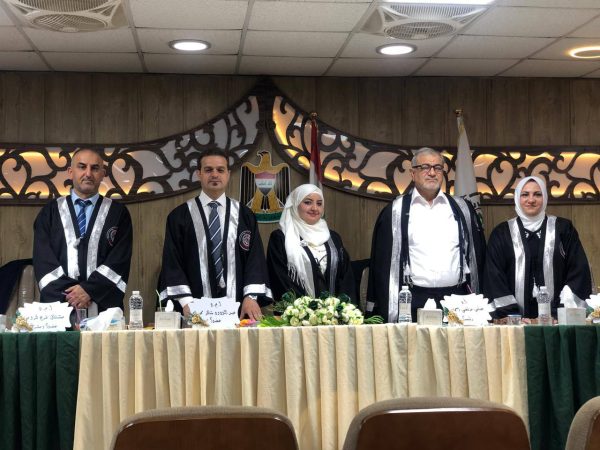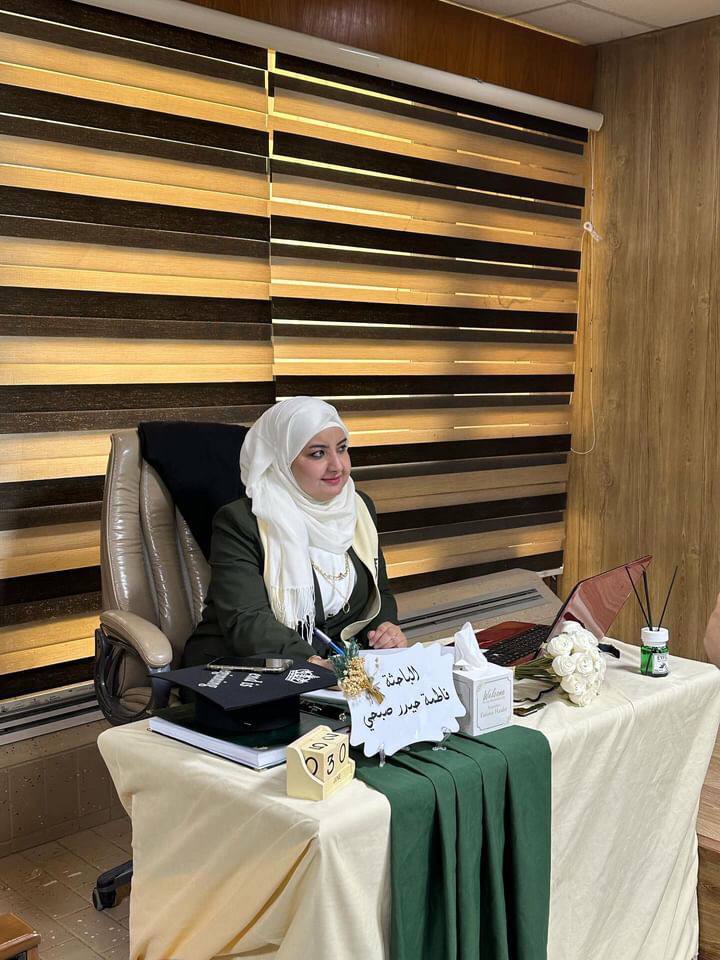is an important horticultural crop with high economic values, but its large-scale cultivation on saline land can reduce the yield. Plant tolerance must be increased to be able to adapt to salinity stress conditions. For this purpose, a field experiment was conducted according to Completely Randomized Block Design (CRBD) in the Botanical Garden at the College of
Science for Women, University of Baghdad by growing chilli pepper plants during the period from November 2022 to June 2023, and using polyamine(PAs) and salicylic acid(SA) to alleviate salt stress, the effect of PAs and SA and their interaction on the general characteristics of vegetative growth and yield of chilli pepper plants was also studied and evaluated. The work included three
factors; the first factor included three levels P0, P1, P2 (0, 2, 3 mg l-1Polyamine), and the second factor also included three levels A0, A1, A2 (0, 75,150 mg l-1 Salicylic acid), while the third factor includes three levels of NaClS0, S1, S2 (0, 2000 ppm, 4000 ppm salinity)All experiments were performed in three replicates. The results showed that different levels of salinity had a significant negative effect on the
phenotypic characteristics and yield of chilli pepper. It was noted that the parameters of polyamine P2 and salicylic acid A2 were superior, as the highest value was recorded in many of the studied characteristics, more ever, the interaction between polyamine and salicylic acid achieved the highest value (P2A2) for the same studied traits in compared to the control.










